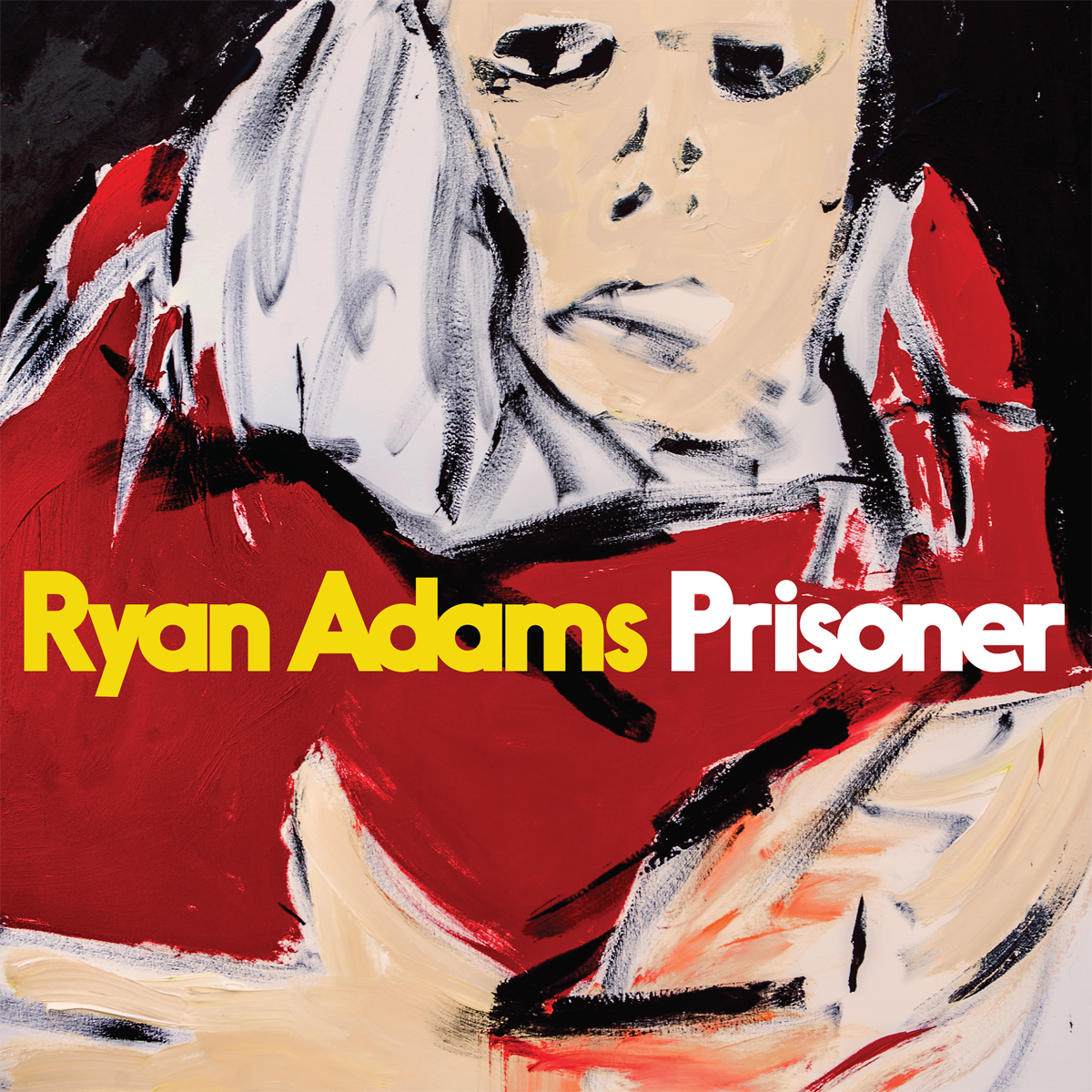Ryan Adams‘ new record Prisoner is, thematically, a record of dissolution. In various interviews, Adams has affirmed the connection between the album and the end of his marriage to actor and singer Mandy Moore. In an interview with internet cat Lil Bub, he described it this way: “I was reflecting on the different states of desire, and what it means to be a prisoner of your own desire.” (“Heavy,” replied Lil Bub.)
Stylistically, though, Prisoner is a reconciliation to two years with heavy pop cachet. The first is 1989, the blockbuster Taylor Swift album for which Adams paused the Prisoner sessions to cover in its entirety. The result was something of an inert substance, as if Adams had turned over a statement of pop independence to look for loneliness he was convinced lay underneath.
The second is 1969, as in Bryan Adams’ deathless “Summer of ‘69”. Last week, Ryan penned a New York Times piece reflecting on a 2002 concert at which he confronted a drunk heckler who kept requesting the Bryan Adams tune. The incident made national news, and yelling “Summer of ‘69” at Ryan Adams became a sort of “Free Bird” for the pearl-snap set. By the end of the piece, he’s come to terms not only with the song, but with Bryan Adams as an entity. (He describes finally covering it at the same venue in 2015, and describes “Run to You” as “my jam”.)
The upshot of this triple détente is a concise document that draws its personal gestures–of longing, of despair, of boredom–to a scale you can see from the back of the arena. The details are richer than on 2014’s Ryan Adams, and certainly on 1989 (his, not hers): these are the wan blues and shadowy grays of Bruce Springsteen’s Tunnel of Love, the po-faced drumlope of prime John Mellencamp, and on the dissolute, sax-graced “Tightrope,” a melodic borrowing from Bryan Adams’ “Heaven”.
The big punches land: the drum-punctured riffs on opener “Do You Still Love Me?” hit like night sweats; the rolling “Outbound Train” leans into the chorus like prime ‘Mats. The flange-filled “We Disappear” suggests Lindsey Buckingham at his most isolated and recriminating. Adams’ sense of the smart detail is intact, too. There’s a solo tucked into the close of “Haunted House” that forsakes ghostliness for decay. And his harmonica work on “Doomsday” isn’t some moldy carceral trope; it’s just rueful.
As full-bodied as these arrangements are, there’s little in the text to make them truly kinetic. Perhaps this is a consideration of Moore’s feelings; perhaps his crammed recording/production schedule meant that something had to give. He has thorns in his side, he’s not made of stone, his head’s on fire. He talks about chest ache in three different songs. One of those, “Shiver and Shake,” is essentially a redo of his “Shake It Off” cover, with a little “I’m on Fire” thrown in as a feint. The sardonically sunny title track posits jail as a sort of dream state. Guitars chime against the bars; the drummer stares out the window; Adams’ lovely falsetto drifts down the hall. The most compelling imagery, oddly, centers around writer’s block. “Crush it up into a paper ball, let it go/Anything I ever had to say, it’s all gone,” Adams yowls over the inverted power-pop of “Anything I Say to You Now.” The contrast between his interiority and the sturdiness of his compositions is striking.
So, too, is the contrast between this album and Heartbreaker, his lauded solo debut. Ranking breakup records is a ghoul’s errand; suffice to say that loss was Heartbreaker’s fuel. Here, it’s turned to fumes. There are no Dylan homages or garage-punk workouts, no smartass allusions or clues for the obsessive. Worn phrases peel from the architecture like wallpaper. Vocally, Adams tends toward a stunned tone: even when a lyric feels like a first draft, he delivers it as if the second would be too much to confront. Of all the throughlines that can be traced through his prolific career, the key one–the one that links him to Bryan and Taylor–may be the comfort of craft.





